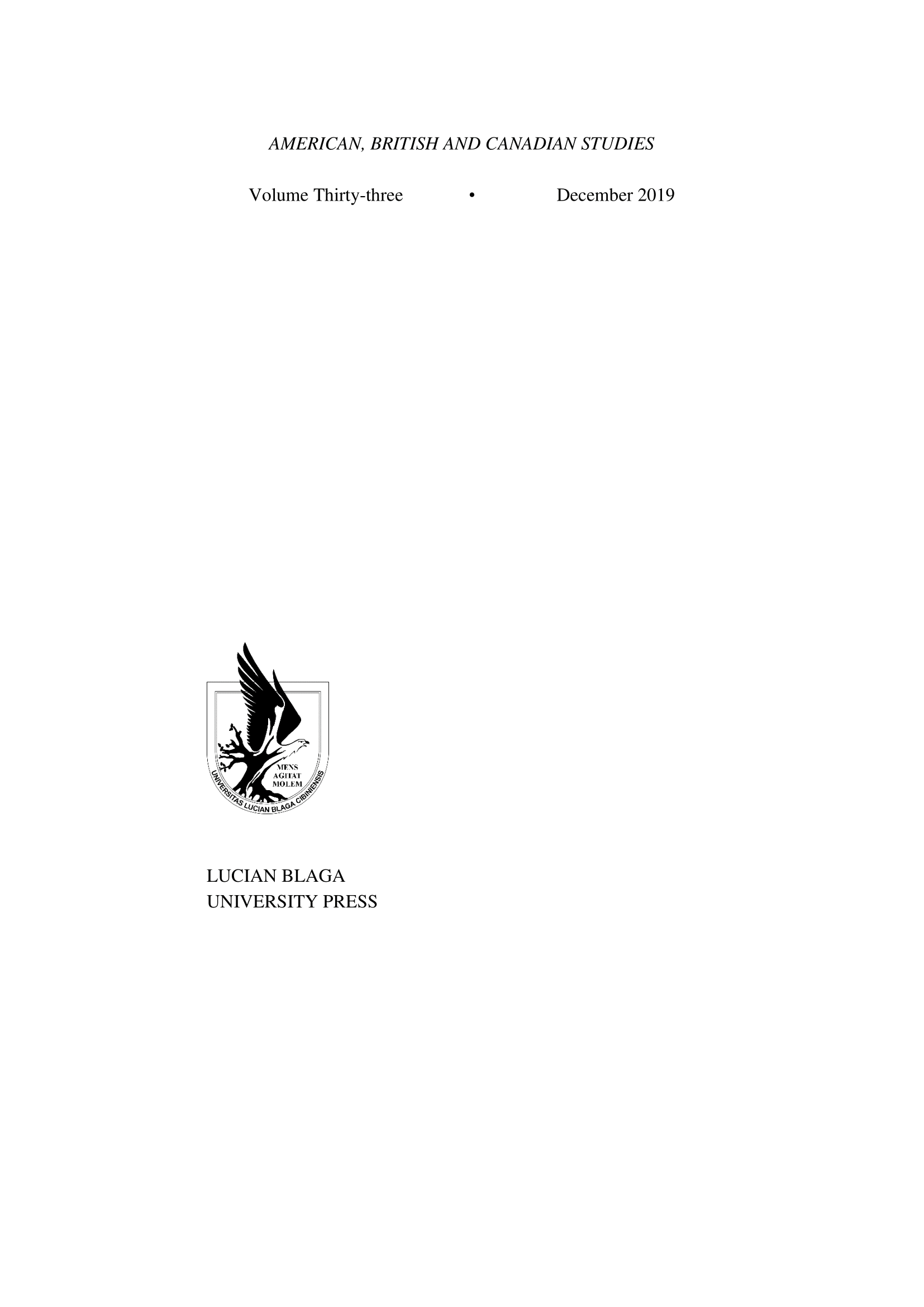Icebound Modernity: The Shipwreck as Metaphor in Dan Simmons’ The Terror
Icebound Modernity: The Shipwreck as Metaphor in Dan Simmons’ The Terror
Author(s): Ádám LovászSubject(s): Language and Literature Studies, Literary Texts, Philology, Theory of Literature
Published by: Editura Universitatii LUCIAN BLAGA din Sibiu
Keywords: Anthropocene; contingency; ecogothic; modernity; posthumanism; speculative realism;
Summary/Abstract: In this article, I seek to present a “metaphorology” of the shipwreck through a literary example. As Hans Blumenberg has noted, the shipwreck has served as a metaphor for the contingency of human existence in Western culture. Building on Blumenberg’s ideas, I argue that modernity heightens contingency and destroys the possibility of a coherent, anthropocentric discourse. For Quentin Meillassoux, the modern outlook exposes the contingency and inhumanity of reality. Building on Meillassoux and Blumenberg’s work, I address ideas pertaining to contingency and the metaphor of modernity-as-shipwreck by engaging with Dan Simmons’ historical novel, The Terror (2007), based on events surrounding the failed Franklin Expedition of 1845-48. The sinister, frozen wastelands of the Arctic figure as the limit of both European humanity and rationality. In Simmons’ novel, the traumatic encounter with cultural otherness conjures up visions of an implosion of colonial ambitions, as the crew members are gradually consumed by both the harsh environment and the ancient Inuit ice demon Tuunbaq and must confront the indifferent frozen wastes of a mythological, gothic North. Simmons’ gothic North Pole constitutes an example of “extro-science fiction,” situated beyond the limits of all knowledge.
Journal: American, British and Canadian Studies
- Issue Year: 2019
- Issue No: 33
- Page Range: 151-170
- Page Count: 20
- Language: English
- Content File-PDF

